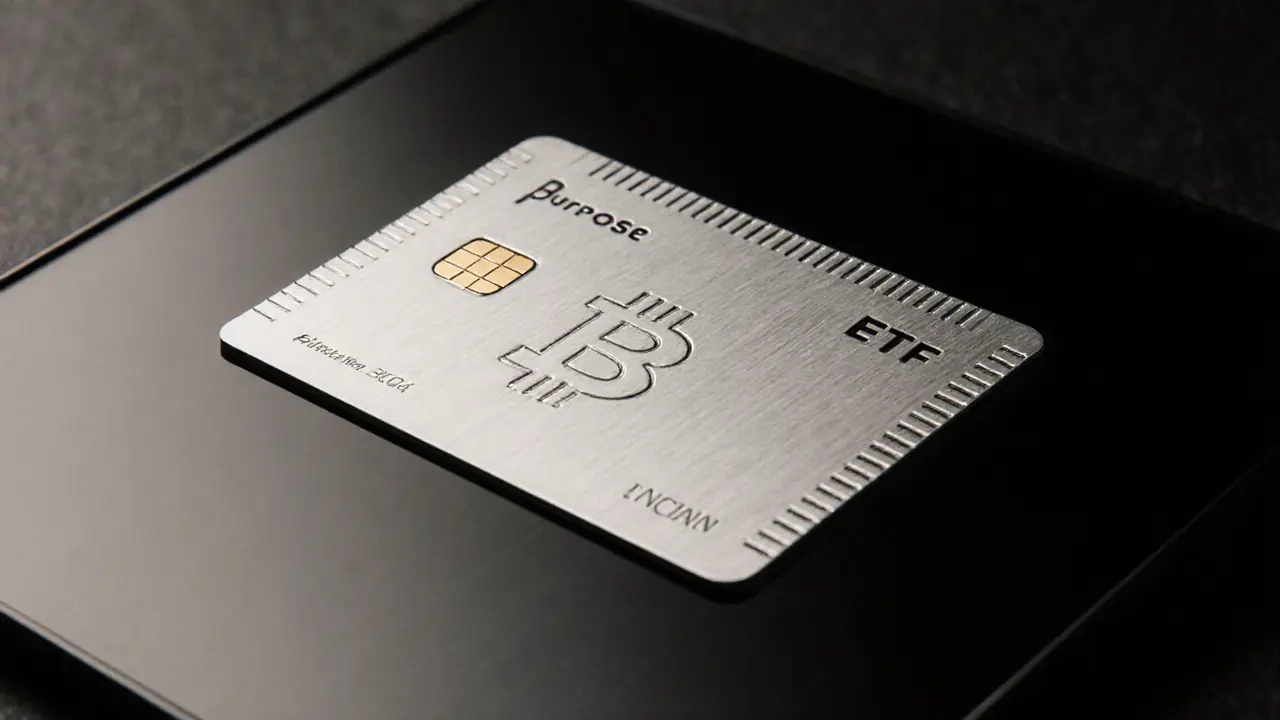Bitcoin ETF Canada: Your Quick Start Guide
When you hear Bitcoin ETF Canada, a fund that tracks Bitcoin’s price while being traded on Canadian stock exchanges. Also known as Canadian Bitcoin ETF, it bridges traditional finance and crypto without the need to hold the raw coin. In plain language, it’s a way for anyone with a brokerage account to get Bitcoin exposure the same way they buy a stock. This setup matters because it sidesteps wallet hassles, offers regulatory protection, and fits into retirement or TFSA accounts. Below, you’ll see why the Bitcoin ETF Canada buzz matters for both crypto fans and everyday investors.
Key Players and Rules You Should Know
First, understand that an ETF, exchange‑traded fund that bundles assets into a single share works like a basket you can buy on any exchange. When the basket holds Bitcoin futures or physically‑backed Bitcoin, the fund mirrors the crypto’s moves. In Canada, the Canadian Securities Administrators, the group of provincial regulators that oversee securities markets (often shortened to CSA) must approve each Bitcoin ETF before it lists. Their approval ensures the fund follows strict custody, reporting, and investor‑protection rules. Investors also need to keep tax reporting straight. For U.S. citizens living in Canada, gains from a Bitcoin ETF are usually reported on IRS Form 8949, the same form used for direct crypto trades. That means you’ll list each sale, note the cost basis, and calculate short‑ or long‑term capital gains. Canadian residents, on the other hand, treat ETF gains as capital income, which can be offset by capital losses. The overlap of U.S. and Canadian tax rules creates a unique compliance dance, but knowing the right forms ahead of time saves headaches. Finally, the exchanges that host these ETFs—like the Toronto Stock Exchange (TSX) or the NEO Exchange—provide the infrastructure for buying, selling, and settling trades. They also publish daily NAV (net asset value) numbers, and many brokerages let you set limit orders just like any regular stock. Understanding how the exchange, the ETF structure, and the regulator interact helps you avoid surprises, especially around liquidity or tracking error.
Now that you’ve got the basics—what a Bitcoin ETF is, who regulates it, and how taxes apply—you’re ready to explore the articles below. We’ve gathered guides on filing Form 8949, reviews of crypto exchanges, and deep dives into tax strategies, so you can pick the right tools for your Canadian Bitcoin ETF journey. Let’s jump into the detailed resources that will help you invest confidently and stay compliant.
Canada's First Bitcoin ETF: History and First Approvals
Explore how Canada launched the world's first spot Bitcoin ETF, its market impact, regulatory framework, and what it means for investors today.
VIEW MORE
